Scorsese Shorts: What’s a Nice Girl Like You Doing in a Place Like This? (1963), It’s Not Just You, Murray! (1964), The Big Shave (1967), Italianamerican (1974), American Boy: A Profile of – Steven Prince 1978) DVD9 and Blu-Ray Criterion Collection
on September 26th, 2021 at 22:01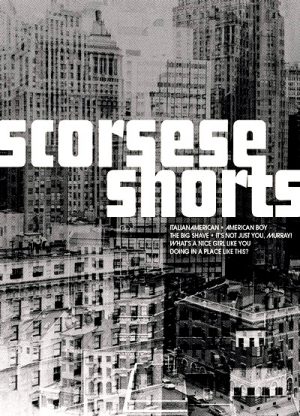
“A filmmaker shows what his career will be in his first 150 feet of film,” François Truffaut once wrote. He was talking about Jean Vigo at the time, but he might as well have been talking about Martin Scorsese, whose early short films — from the narrative works of his student years at New York University and immediately afterward to the midlength documentaries he made as his feature-filmmaking career was getting underway — reveal the energy, eclecticism, and invention that would make him one of the most exciting American directors of the seventies and, eventually, one of the great artists of our time.
Criterion’s release of five early Martin Scorsese shorts reveals that the filmmaker knew the kind of artist he was and wanted to be at a young age. All of the films included in this set contain seeds of future Scorsese classics, and they’re all formally playful and sophisticated, with lasting career reverberations: Four of the five shorts center around the rapture and mythology of storytelling, while the fifth plumbs the theme of self-annihilation that would become a Scorsese leitmotif. Collectively, the five films span two distinct periods in Scorsese’s career: as an N.Y.U. student and graduate in the early-to-mid 1960s, and as a rising filmmaker in the mid-to-late ‘70s.

BD50, DVD9 | 1080p AVC, NTSC | 135 min | 46.4 Gb, 7.37 Gb + 3% rec
Language: English
Subtitles: English
Genre: Short, Comedy, Crime, Drama, Documentary, Horror
In an accompanying interview that Scorsese filmed in February this year, he suggests that his student shorts primarily illustrate “my enjoyment of the versatility of the medium itself”.
What’s a Nice Girl Like You Doing in a Place Like This? (1963) really does convey that exuberance, with its amusing and inventive concoction of live action, stills, animation and musical. Its young protagonist hangs a bland picture of a boat in his new apartment, and unexpectedly becomes so obsessed with it that he ceases to function – descending into a nightmare of anxiety until he meets a woman who breaks the picture’s spell, only to start painting new ones herself.
While this feels like a zestful ditty, It’s Not Just You, Murray! (1964) is more substantial. The eponymous hero/narrator relates his career as an entrepreneur – first bootlegger, then dodgy impresario; by his side, supposed best friend Joe has permanent eyes on Murray’s wife. There are numerous nods to the Europeans enriching the young Scorsese’s cinephile education – scenes with the stylish slapstick of Truffaut and Godard, or the flamboyance of Fellini, with a cheerily blatant riff on 8½
There’s also a lovely performance by Scorsese’s mother, who as Murray’s mum keeps popping up incongruously to feed him. Catherine Scorsese would appear in many of her son’s films, but most notably alongside his father, Charles, in one of this collection's two documentaries, Italianamerican (1974).
This is a cinéma vérité joy, as Scorsese interviews his parents in their home in Little Italy, about their families, their Sicilian roots and the evolution of the Italian American community in New York.
The director regards Italianamerican as a companion piece to Mean Streets (1973), which was a much darker depiction of his neighbourhood. He pairs the second documentary here, American Boy (1978), a profile of his friend Steven Prince, with Taxi Driver (1976). The chief connection is Prince himself, who has the brief but potent cameo in the feature as Easy Andy, the gun salesman who furnishes Travis Bickle with his mini-arsenal.
In a living-room gathering in LA, Prince recounts his life as army brat, roadie and junkie, through a series of jaw-dropping anecdotes whose value is epitomised by the fact that Tarantino, no less, would borrow Prince’s tale of administering adrenalin to the heart of an overdosed acquaintance for Pulp Fiction.
The Big Shave (1967) is a rare example of Scorsese being overtly political – a short, sharp shock of a film that the director says was meant to reflect “a decade of national suicide”, not least in Vietnam. It may feel the least like a Scorsese picture, yet the interest in ritual is very him, and the visceral imagery reminds one of the climatic bloodbath of Taxi Driver and the ring action in Raging Bull. Early responses taught him that “horror induces nervous laughter”, a useful lesson in the years ahead.
This Blu-ray release features new 4K digital restorations of all five films. As well as the typically fabulous, hour-long interview with Scorsese, extras include an entertaining conversation between Josh and Benny Safdie (Good Time, Uncut Gems) and Ari Aster (Hereditary, Midsommar), their unbridled enthusiasm illustrating the degree to which Scorsese continues to inspire his fellow filmmakers.
Scorsese.Shorts.CC.BluRay.L.part01.rar
Scorsese.Shorts.CC.BluRay.L.part02.rar
Scorsese.Shorts.CC.BluRay.L.part03.rar
Scorsese.Shorts.CC.BluRay.L.part04.rar
Scorsese.Shorts.CC.BluRay.L.part05.rar
Scorsese.Shorts.CC.BluRay.L.part06.rar
Scorsese.Shorts.CC.BluRay.L.part07.rar
Scorsese.Shorts.CC.BluRay.L.part08.rar
Scorsese.Shorts.CC.BluRay.L.part09.rar
Scorsese.Shorts.CC.BluRay.L.part10.rar
Scorsese.Shorts.CC.BluRay.L.part11.rar
Scorsese.Shorts.CC.DVD.part1.rar
Scorsese.Shorts.CC.DVD.part2.rar
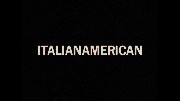

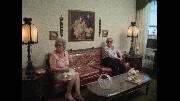
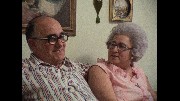
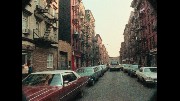

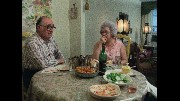

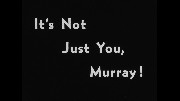
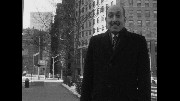
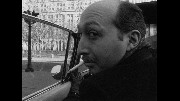
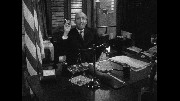
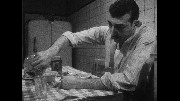
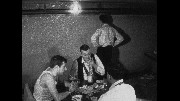
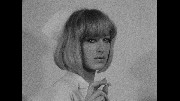
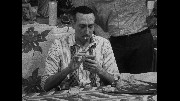
thanks, you are number one 🙂